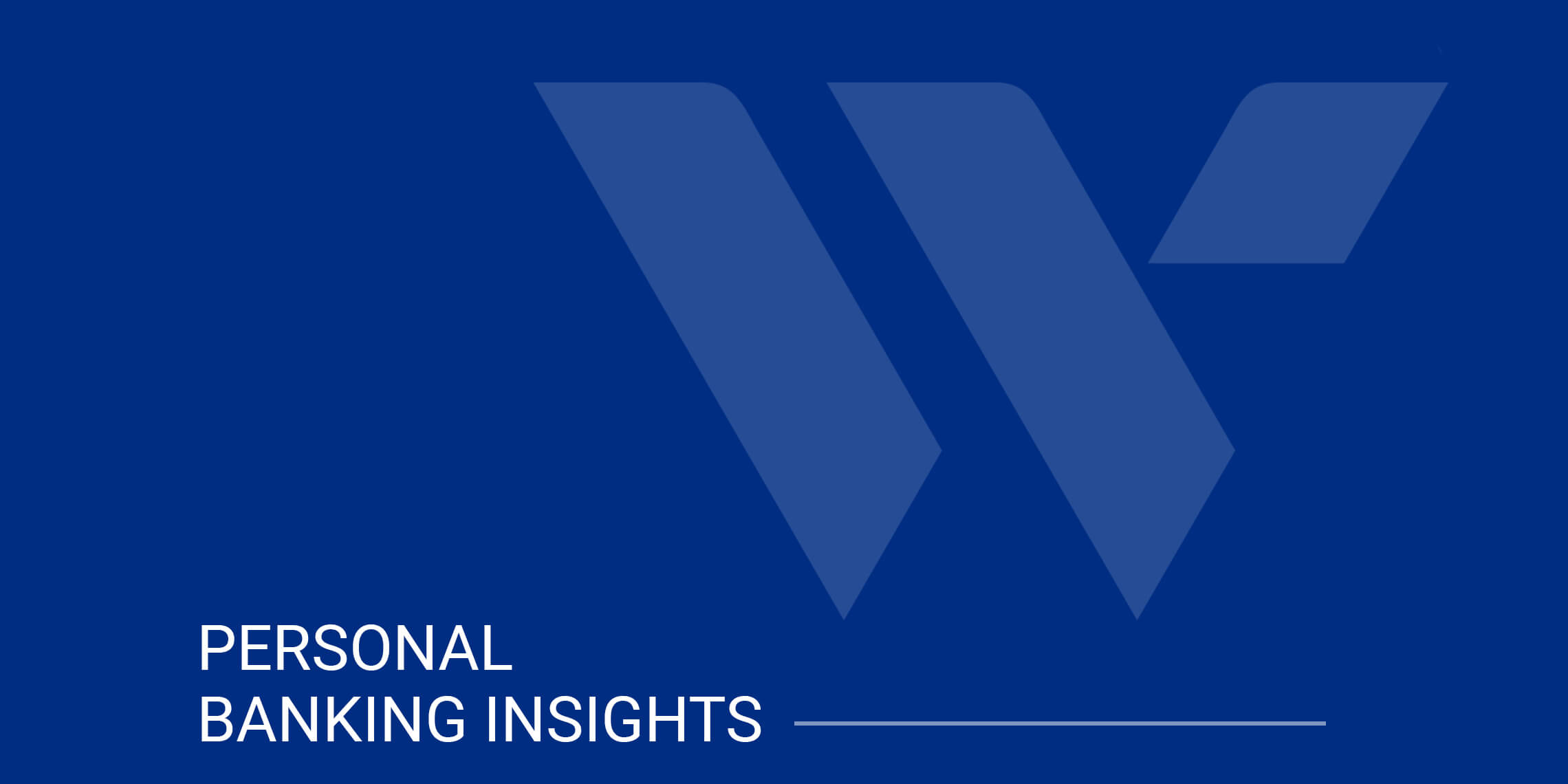
Published on April 21, 2020 | 4 min read | Kevin Moran
While there is never certainty with regards to when is the best time to enter the housing market, the idea of homeownership continues to resonate with most Americans and the concept of home ownership being central to the American dream remains very much alive. Most of us will need to obtain mortgage financing when purchasing a home so here are some useful tips to help you prepare.
There are many sources of mortgage financing including banks, credit unions, and mortgage brokers, however all lenders will typically follow a similar review or underwriting process. The review will focus on your ability to repay the debt and the analysis will include a review of:
Most lenders are able to provide a pre-qualification or pre-approval prior to your shopping for a home which can be very beneficial when negotiating with a potential seller. Here is what you will need to gather:
Income verification
Have your last two years complete tax returns including W2’s. If you have your own business, make sure that you have your complete business returns and supporting tax documentation e.g. K1s for Partnerships and S Corporations. Wage earners should have their most recent month’s worth of paystubs which generally should include year to date income. Borrowers who are self-employed will likely need a year to date profit and loss statement to accompany their personal and business returns.
Assets
Have your last two months of complete bank statements for your checking, savings and any other accounts that you might be using as part of the transaction. Lenders will often look favorably on reserve funds that are available post closing, retirement accounts, 401k statements including terms of withdraw are often used to satisfy these reserve requirements. If you routinely have deposits into your personal accounts that are not easily identifiable then you will be asked to provide supporting documentation as to the source of the deposits.
Credit
Lenders will review your credit history using a formal credit report and a review of your credit score. Your credit score can impact the type of mortgage program you may be qualified for as well as the price of the mortgage. The higher your credit score, the higher likelihood of you receiving favorable terms. You should review your personal credit history and score first and make sure everything that is reported is accurate. All consumers are able to obtain their personal credit report once per year at AnnualCreditReport.com If you are a minimal credit user, the lender might use what are called non-traditional credit references such as verifying utility payments, phone, insurance and the like, creating a non-traditional credit report which can be used in the underwriting decision.
There are many programs designed to fit the needs of home buyers. A large down payment is not required in many cases especially for first time homebuyers. Programs with little or even no down payment requirements are still routinely offered through Government or State Agency loan programs through participating lenders. In addition, many communities and even some employers provide assistance with down payment and closing costs.
If you feel that this is the time to seriously consider buying a home then meet with a trusted mortgage banker and you will be provided with a wealth of information and a personal consultation. Get pre-approved so that you will have peace of mind knowing the price range you should be considering to ensure successful homeownership. After you have been pre-approved, consult with a trusted realtor to view available inventory. Your lender may have recommendations. Last but not least, engage an attorney to represent your personal interests and check with your lender to see if they have requirements. Many buyers make the mistake of leaving this step until they are ready to close on their home. The best course of action is to have an attorney working with you throughout the entire home buying process. What questions do you have about getting a mortgage or buying your first home?